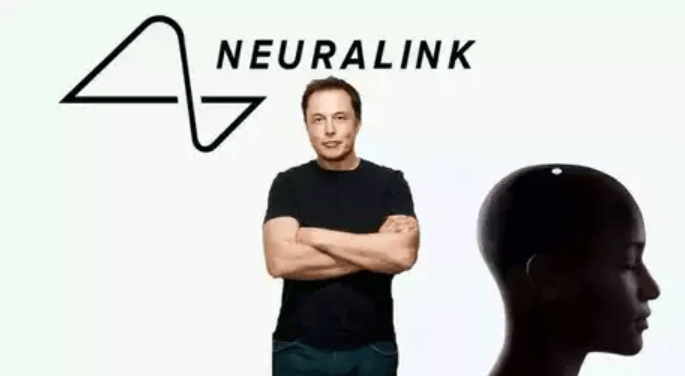Neuralink, a technology startup co-founded by Elon Musk, has received approval from the United States Food and Drug Administration (FDA) to commence testing its brain implant technology on human subjects. The announcement was made via Neuralink’s official Twitter account on Thursday.
The tweet stated, “We are excited to share that we have received the FDA’s approval to launch our first-in-human clinical study! This is the result of incredible work by the Neuralink team in close collaboration with the FDA and represents an important first step that will one day allow our technology to help many people.”
Elon Musk, in response to the news, congratulated the Neuralink team in a tweet on Friday.
The brain implants developed by Neuralink aim to establish a direct interface between humans and computers. Musk has previously highlighted the potential of this technology in assisting individuals with disabilities by restoring vision and mobility. In fact, he garnered attention last year when he expressed his confidence in the device’s safety to the extent of considering implanting them in his own children.
The coin-sized implants have already undergone testing on monkeys and pigs. During a presentation by Neuralink in December last year, monkeys demonstrated their ability to play basic video games or manipulate a computer cursor using the Neuralink chips implanted in their brains, as reported by CBS News.
Musk emphasized the potential of the technology, stating, “We would initially enable someone who has almost no ability to operate their muscles and enable them to operate their phone faster than someone who has working hands. As miraculous as it may sound, we are confident that it is possible to restore full body functionality to someone who has a severed spinal cord.”
In March, Reuters reported that Neuralink’s initial FDA application in 2022 had been rejected due to concerns raised by the regulator. These concerns included the safety of the lithium battery powering the device, the possibility of the chip’s wires migrating within the brain, and the challenge of removing the device safely without causing damage.
Neuralink is currently facing several federal investigations, including a probe by the US Department of Agriculture, regarding potential violations of animal welfare during the company’s animal testing phase.






Comments are closed.